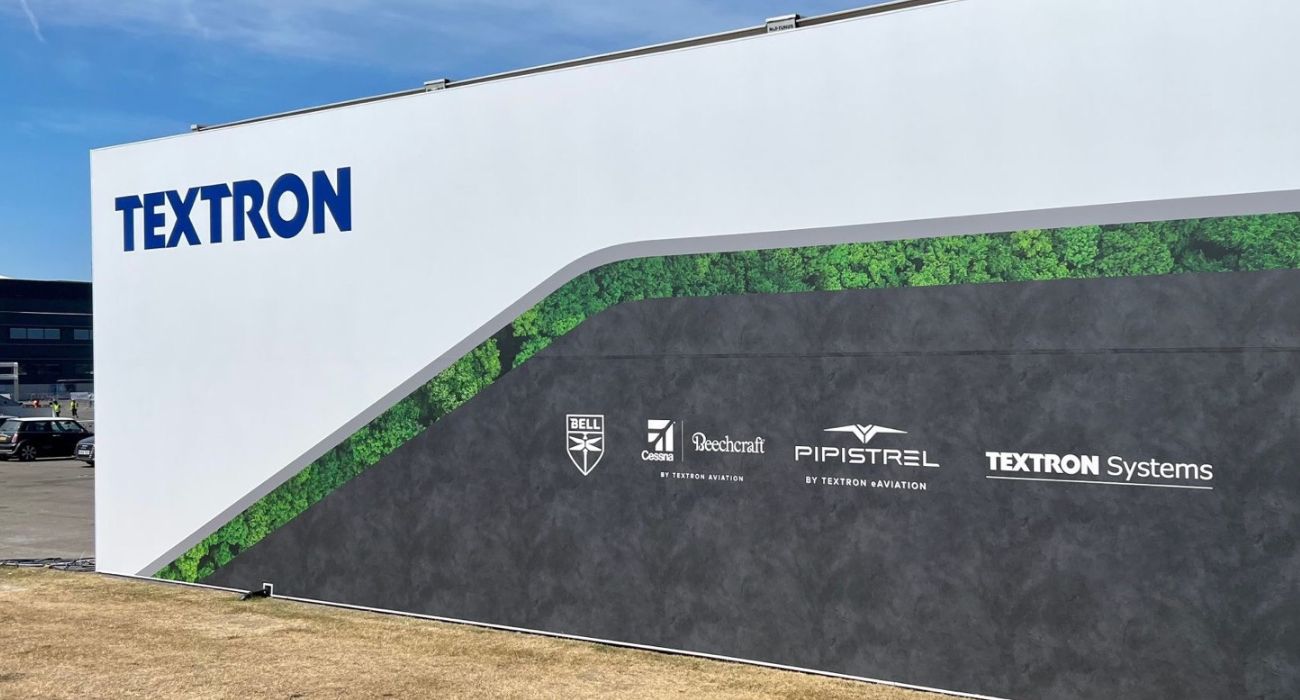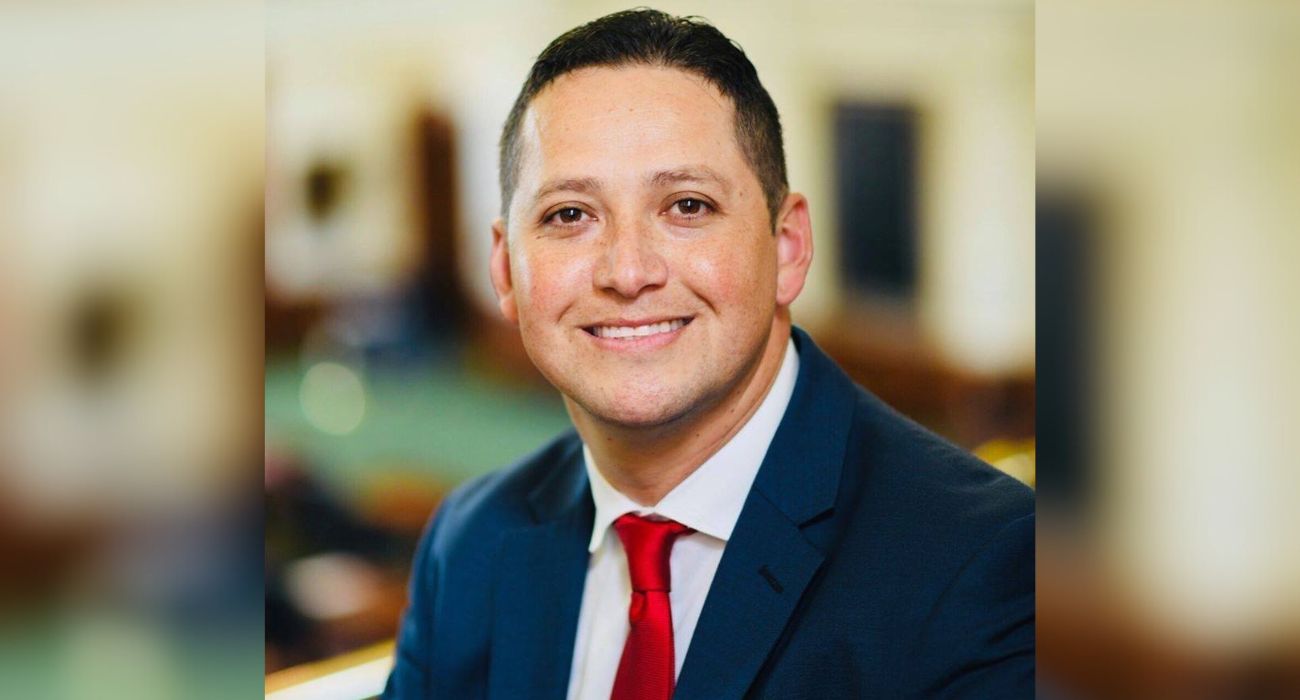A newly inaugurated tax abatement program for businesses in Texas has around $2 billion in potential investments from the aviation industry already lined up.
Since the Chapter 403 property tax abatements came into effect on January 1, the Texas comptroller’s office has fielded two applications, according to The Dallas Morning News.
Chapter 403 allows eligible companies to abate 50% of the value of real property for the purposes of school property taxes — or 75% if the project is located in a designated opportunity zone — for 10 years when building or expanding facilities in the state. There are minimum investment, job creation, and wage commitments that must be met. Schools receive a portion of the revenue from the state.
Iowa-based Summit Next Gen plans to build a $1.66 billion sustainable aviation fuel production facility — what would be the largest of its kind in North America if built — in Harris County. By 2025, it aims to produce 250 million gallons of low-carbon, ethanol-based jet fuel per year.
A total of around 75 jobs with average salaries of $188,500 a year would be created in the area. The company’s Chapter 403 application is being set up with Galena Park ISD.
The other potential investment comes from Fort Worth-based Bell Textron, a manufacturer specializing in aerospace and defense technologies. In a Chapter 403 application with Northwest ISD, the company revealed a $429 million plan to set up shop at a new location in Fort Worth.
Bell Textron estimates that some 75 jobs paying an average of $69,784 per year would be created as a result of the project. The company already sought to benefit from the Texas Enterprise Zone program through capital investments of approximately $35.7 million at its Fort Worth complex last year.
As previously covered by The Dallas Express, Chapter 403 was included within the Texas Jobs, Energy, Technology, and Innovation Act signed by Gov. Greg Abbott last August in order to help secure jobs and investments for Texas communities.
While the scheme incentivizes economic development, some have criticized it for creating inequality in public school districts — “filling school district coffers at the expense of taxpayers across the state” — and using taxpayer money to fund politically connected businesses, as former Sen. Don Huffines previously claimed. A similar initiative, the Chapter 313 economic development program, was left to expire in 2021 after facing bipartisan opposition in the Texas Legislature, as reported by The Dallas Express.






